1 3 5 7 9 10 8 6 4 2
First published in 2022 by September Publishing
Copyright Michael Webster 2022
The right of Michael Webster to be identified as the author of this work has been asserted by him in accordance with the Copyright Designs and Patents Act 1988.
All rights reserved. No part of this publication may be reproduced, stored in a retrieval system, or transmitted in any form or by any means, electronic, mechanical, photocopying, recording or otherwise, without the prior permission of the copyright holder
Maps by Liam Roberts
Typeset by RefineCatch Limited, www.refinecatch.com
Printed in Poland on paper from responsibly managed, sustainable sources by Hussar Books
TPB ISBN 9781914613005
EPUB ISBN 9781914613012
September Publishing
To Paula, the girl with the golden hair
Contents
Prologue
There is one week of my life that I remember extremely vividly, but its one that I strive daily to forget. Every important thing that followed was triggered in those few days endings as well as beginnings.
On the Monday I was on business in Johannesburg, the richest and poorest city in Africa with the highest concentration of guard dogs per head of population in the world. The threatening sun beat down, a day hotter than molten gold in which a long sultry afternoon sagged into an eye-popping thunderstorm. Returning to my hotel bungalow the outside door was ajar. I entered, facing a wrecked room and two armed robbers. With a gun pointing at me, I was waved over to sit on the bed and keep quiet. They left quickly, each with a bag, inside which were my camera, computer, some clothes, cash and, far more dear to me than anything else, my passport.
A shock, yes, but consular officials respond automatically and efficiently to such mundane situations, while the personnel director of the multinational food company I worked for was sympathetic.
On the Thursday night of that week I flew to Cape Town. Id been there many times, I knew the score, the places to avoid, so I hugged my new passport close no way was I going to lose that again. The taxi dropped me off unexpectedly on a quiet, dark street and pulled away too quickly for my liking. A man grabbed me; I struggled to get free. The savage mugging was over in what seemed like moments, but I had felt a final, vicious stab.
When my eyes opened it was quite dark. Electricity cut again, I heard someone say. People shuffled around, attending to one part of my body or another. The hospital resembled a scrap yard. Someone held up a bloodied syringe for me to see. They stuck this in you. Theres little we can do for you here. This was the time that HIV rates were at crisis point, out of control in a country where the disease was thought by most to be a curse from God.
The first incident had been traumatic enough; the second had much longer consequences.
My company flew my wife, Paula, over and she took me back to the UK, where immediate hospital treatment fought the virus. Weekly visits to a specialist HIV ward became an unremitting nightmare. How many blood samples did they want? I would sit in a queue of mostly young people, all with vacant, ill-looking faces yellow, pinched and furrowed. Some were walking skeletons, others handcuffed between police. Treatment with a battery of antiretroviral drugs crushed my energy. A nurse told me, This place is a zoo. The only way to prevent you coming here forever is with these, and handed me a weeks supply of drugs. Most people cant put up with the regime. Come back next week.
Every week I returned without fail.
Severe panic attacks meant cities, towns and shops became places of intense distress. Cars would aim to run me down. I conjured the faces of everyone who walked by into feared people from the past. Strangers became spectres. Crowds sent me cold then hot as I floated in detached fear. I became a ship without a rudder, lost, storm-tossed and careering on an unknown ocean. Night-times were worse, the solace of sleep rent by hideous dreams of all the sadness I was inflicting on those around me. I was locked in a box of past memories. No one could do anything to help; I needed a new brain, a new head. I lost four stones in four months.
In the mornings Paula would reluctantly leave for work running a busy maths department in an inner-city school. I would sit at home and tear up bits of paper, hour after hour, or I would wander the valley meadows around my home. Fearful of others, I would climb trees or seek out hedgerows suitable to hide in if anyone came along. I lay hidden in the long grass looking up at buzzards overhead. I watched the antics of a pair of blue tits busily feeding their young. But, twice a day, I had to return home and force drugs down my throat, knowing that they would make me retch for hours, sending me dizzy and scared.
This regime lasted six months, but it was worth it. The same nurse seemed happy: No need to come back here, your blood counts are back to normal.
But I didnt feel normal: the toll had been high. A trust in science and drugs had repaired the systems of my body, but I still felt an irrational mess. The incident had dug deeper into my soul than I realised. Slowly I realised that my career was finished, and a life that I had loved had disappeared.
A further year of cognitive behavioural therapy and a library of self-help books did help, but quick fixes are easily undone. Far more sustaining was the uplifting song of blackbirds and the joyful sight of skylarks parachuting through the air. The arrival of swallows swooping low over the garden reminded me that a new beginning was possible.
The birds had started to pull aside the hazy curtains from my mind.
All my life nature had been at my side, now I realised it was being my saviour. There was going to be a debt to repay.
Cats have nine lives; people normally have one. I was lucky I had been given two, and a chance to learn from the previous one and try not to make the same mistakes. I decided I would now take it slower, make life more meaningful, make the most of every day. I would follow my heart, do something Id never before thought possible. Now could be the time to become deeply immersed in the wild, to fully embrace the natural world, no longer be a mere bystander.
Could I communicate my love of nature to others? The skills Paula and I possessed as lifelong and near-professional photographers and film-makers could be put to good use. It was a dream, but still, would I grab the opportunity, take the risk?
It was over a year since I had walked out of the hospital doors for the last time. Now I felt able to step out of the contained and protected world I had built around myself. As for Paula, would she step into the unknown with me?
Paula gave the answer a few months later: early retirement from her demanding job.
Spending more time together was key to our new life plan. We went to Spain, wanting to find the heaviest flying bird in Europe the great bustard and make a film about the declining cork oak forests. I had been a photographer since a teenager and had made a number of films for the international company I had worked for. With the natural world flowing through our veins, we knew the warm Andalucian breeze on our cheeks and the smell of bougainvillea would be enough, even if we never found the birds we sought.


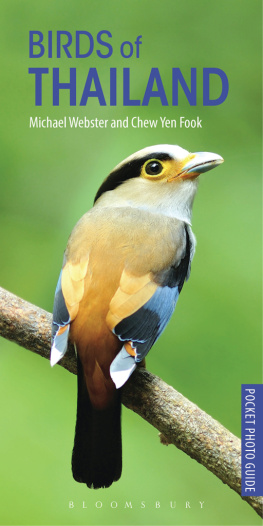
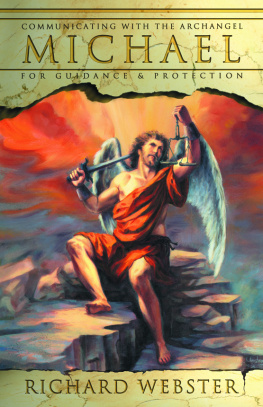
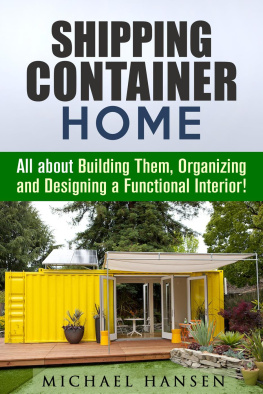
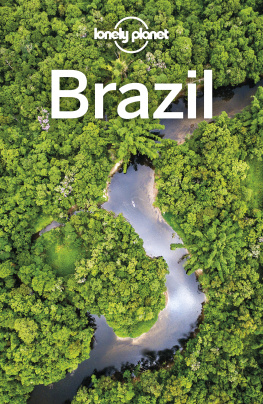
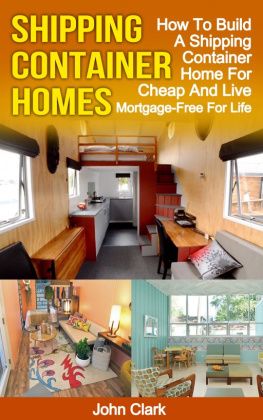
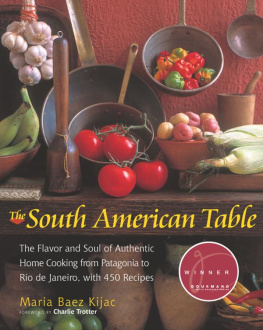
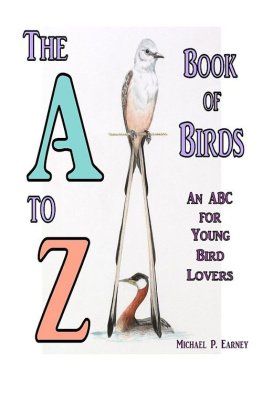
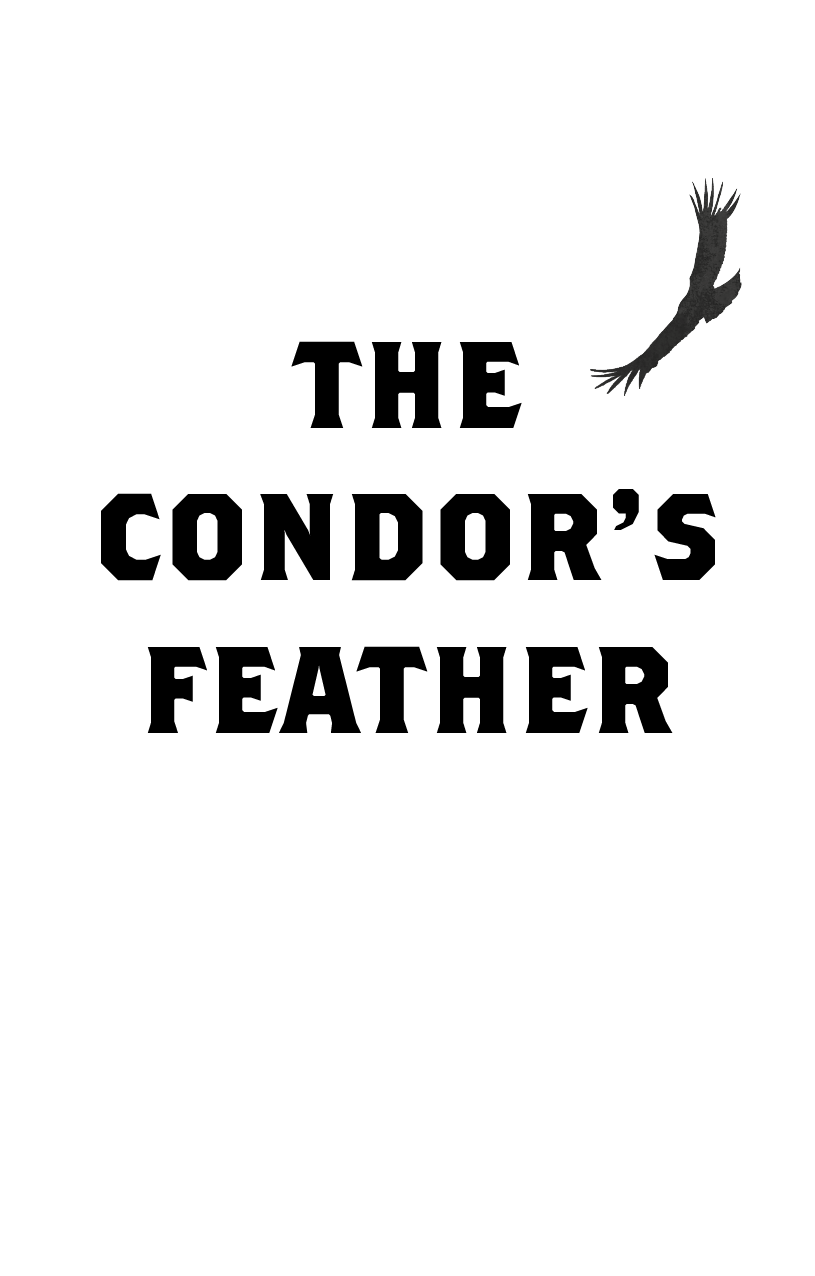
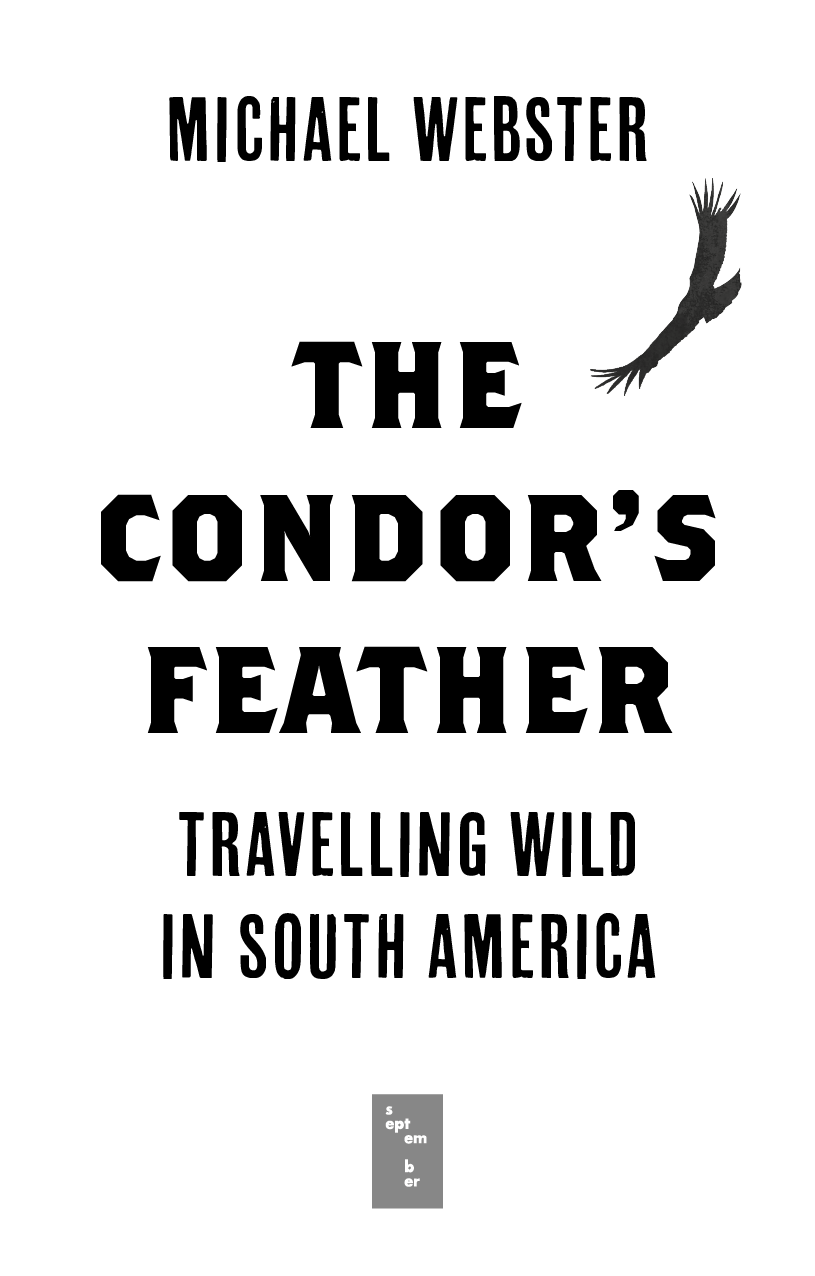
.png)